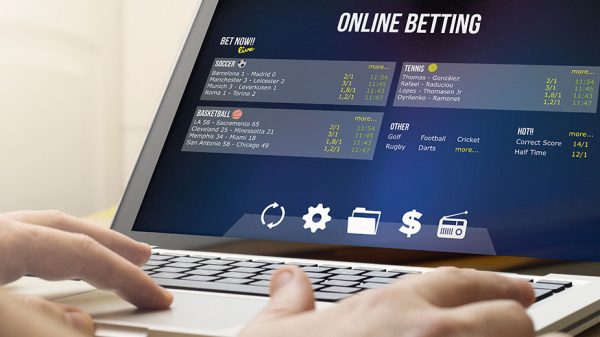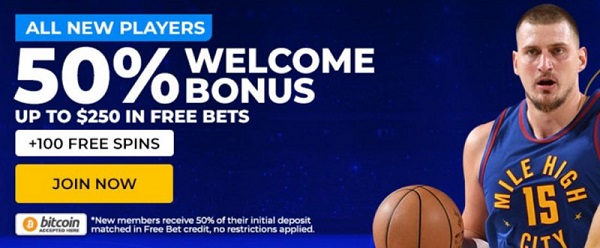How Hindsight Bias Affects Sports Betting

How often do you hear, “I called that!” from your sports betting pals. Yeah, they called it, but well after the fact. They boast about a great pick they made or winning a bet (even though they didn’t lay down a wager). We all know these “Monday morning quarterbacks.”
They all suffer from hindsight bias. Hindsight bias occurs when people think past events were more predictable than they actually were at the time they happened. We’ve all heard examples of it even if we didn’t know it at the time. This concept has been studied extensively and it influences the way we make decisions, especially sports betting decisions.
In this post, we’ll look deeper into hindsight bias, its dangers, and it affects our sports betting choices. We’ll also examine how we can combat this bias in our decisions.
Examples of Hindsight Bias
You overhear a couple you know arguing over which appetizer they want at dinner. Three weeks later, the couple breaks up. You say that “you saw it coming” based on the disagreement from three weeks earlier. In actuality, the argument was unimportant and was not a reliable sign of their break-up.
On the strength of two quick touchdowns, a football team mounts a fourth-quarter comeback of 14 points. You assert that given how the game was progressing, this was inevitable. Actually, the team was fortunate to successfully mount a comeback thanks to a couple of turnovers and two plays that had a very low success rate.
You place a wager on a seven-leg parlay. You had a “gut feeling” about the bizarre combination of bets. In actuality, you did not. You were extremely lucky to cash on a very low percentage outcome.
To sum it up, hindsight bias can be explained like this: I knew that was going to happen but I didn’t really know it was going to happen…I just thought I did.
The Various Forms of Hindsight Bias
It’s crucial to understand that hindsight bias has some complexity. It comes in three forms.
- Distorted memory: We distort our previous beliefs. For example, we say “I told you that would happen” after something happens.
- Future bias: After something happens, we say “we knew that was going to happen” maybe because we “just had a feeling.”
- It’s inevitable: Hindsight bias leads us to believe that something was just bound to happen. “It was going to happen anyway.”
Hindsight Bias & Sports Betting
In 1991, a study was done on the Supreme Court nomination of Justice Clarence Thomas. A total of 58 percent of students correctly predicted that Thomas would be confirmed. One week after the confirmation, the students were polled again. This time, 78 percent said they had correctly predicted Thomas’ confirmation.
Twenty percent of students revised their prediction after looking back at the data. This is evidence, of course, of bias caused by looking back at the result. A similar study was conducted with students betting on a soccer match. The idea was to determine if what happened with past bets influenced future wagers.
 Winning bettors were reminded that they had only won their previous bet because of a fluke. Losing bettors were reminded that they only lost because of the same fluke result. In the end, both groups stuck to their previous betting strategies.
Winning bettors were reminded that they had only won their previous bet because of a fluke. Losing bettors were reminded that they only lost because of the same fluke result. In the end, both groups stuck to their previous betting strategies.
Hindsight bias will cause bettors to become over-confident in a flawed betting strategy. It’s like the bettor that wagers double his max bet in order to make up for a bad loss. When he wins, he believes he can do it again…because it happened in the past. This is simply not the case.
Include Bias in Your Bets
Successful sports bettors are honest with themselves in their decision-making. They give both fortunate wins and unlucky losses equal weight because they know that luck can change in an instant. Bias pushes us off course, so we need a reliable betting system that removes as much subjectivity as possible from our wagers.
It is important to keep in mind the following. Even if the data contradicts your opinions, it is always important to consider it. Don’t overreact to tiny sample sizes. Always consider the data and analytical techniques before making a wager. Doing so can help remove bias, or at least incorporate it into your wagers.
















